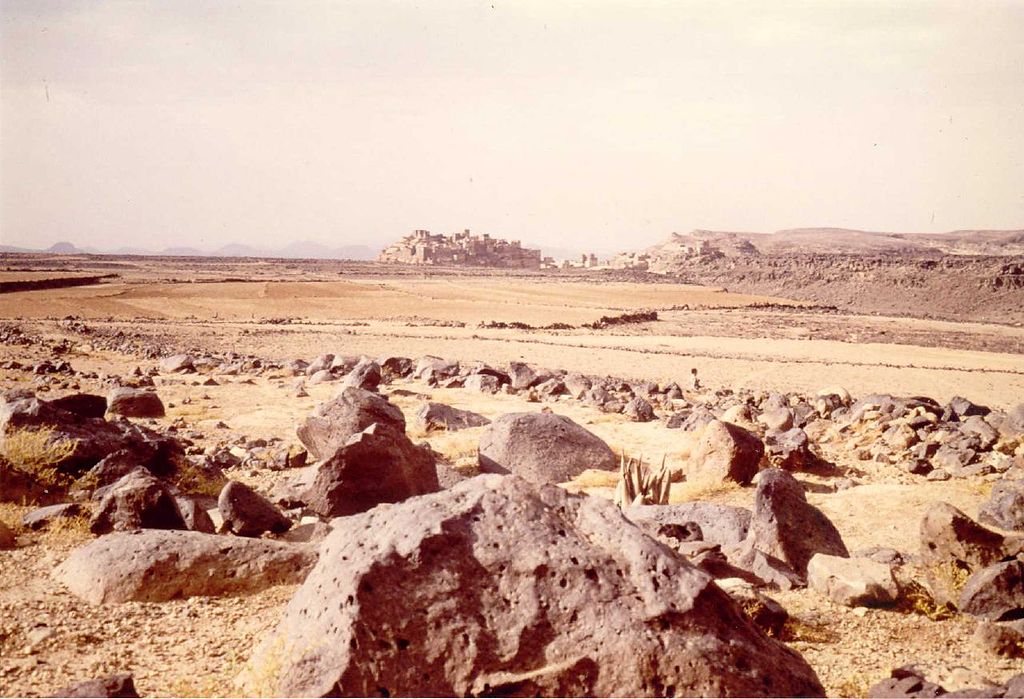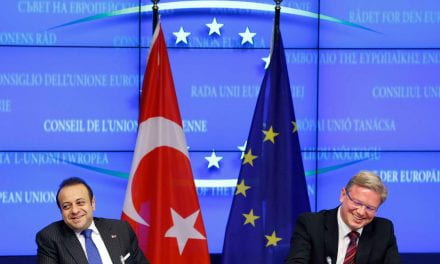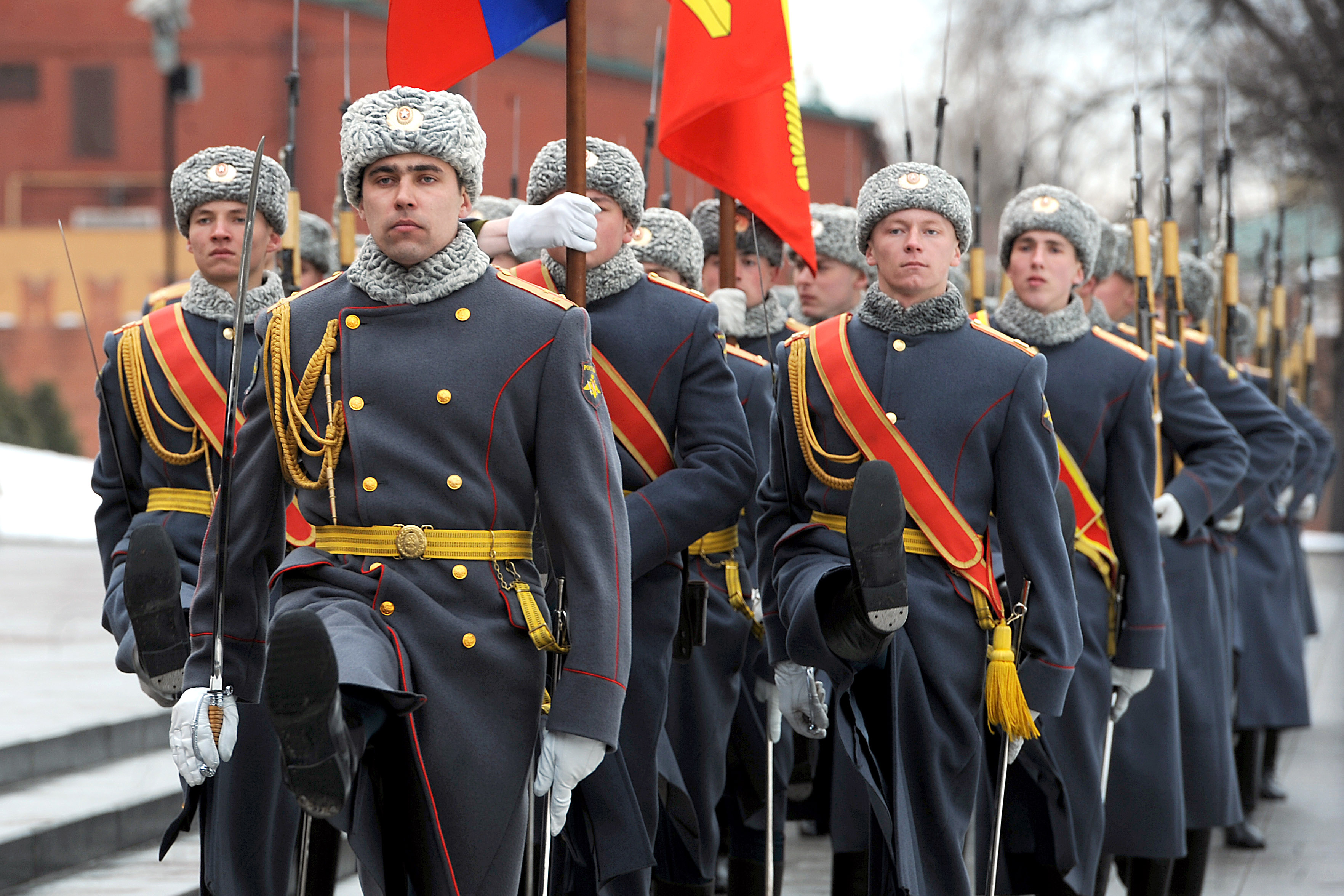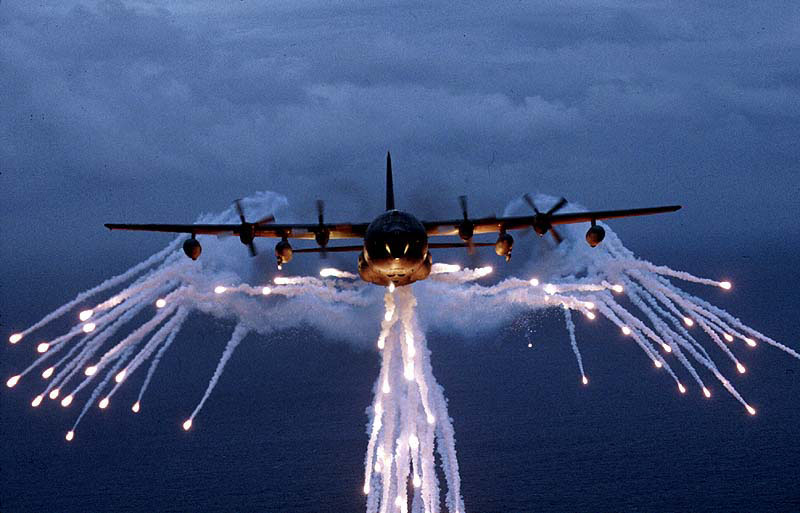By: Usjid Hameed*
The United Nations calls it the ‘forgotten crisis.’ With nearly half the population going hungry and 370,000 children at risk for starvation, Yemen, the Middle East’s poorest country, has collapsed under its civil war (Al Jazeera 2016). The conflict started in 2014 when Shia rebels allied with the country’s former president, known as the Houthis, captured Yemen’s capital. Saudi Arabia, fearing that the Houthis are an Iranian proxy, began a bombing campaign in Yemen in March 2015 to roll back the rebels’ advances. Until recently, the conflict was primarily a regional one, with only Saudi and Iranian involvement. However, the war is now at risk for escalation and possibly becoming a battleground for great powers.
In September 2016, the Senate approved President Obama’s proposal to sell $1.15 billion worth of weapons to the Saudi government to combat the Houthi rebels, thus signaling their agreement with a more aggressive American response. While the concern for Houthi success is understandable, the conflict is too nuanced for America to play such an overt military role. Involvement in the conflict has the potential to lead to dire consequences in the future for America, its allies, and the region including increased terror activity and widespread instability. The U.S. should stay a neutral party in the Yemeni Civil War on the grounds that the Houthis are not a subservient, Iranian proxy and that the costs of American involvement in Yemen outweigh the benefits.
The Houthis are not an Iranian proxy
Prior to the Senate vote in September 2016, the chamber debated the efficacy of selling weapons to Saudi Arabia, the country fighting to combat the Houthis in Yemen. During the debate, Senators in favor of the arms sales called the Houthis “agents” of Iran. Senator John McCain (R-AZ), who was in favor of the sale, called the Houthis Iran’s “stooges” and stiffly argued that “This [Houthi] aggression is fueled by the Iranians” (Pecquet 2016). Although both Iran and the Houthis wish to disrupt the status quo, claiming that the Houthis are clients of Iran shows a misunderstanding of the situation on multiple accounts.
First and foremost, Iran has little influence over Houthi decision making. While the rebel group has received limited support from Iran, they have largely achieved success on their own. The Houthi movement has been in existence since 2004 and has engaged in six wars with the government since then, with Houthi fighters gaining more experience and seizing more of the Yemeni army’s weaponry each time. According to a United Nations (U.N.) Security Council 2015 report, it was not until 2009 that Iran began selling small amounts of weapons to the Houthis (Juneau 2016). Iranian support only increased after the rebels took control of Sana’a, Yemen’s capital, in 2014. In a sense, Iran has bandwagoned onto Houthi success and although it was not instrumental in the group’s rise, Iran would like some type of role in the group’s future (2016). As mentioned above, the group has had tremendous success without significant Iranian support. Therefore, assuming Iran has sway over how the Houthis will proceed overestimates Iranian influence.
Second, the Houthis and Iran share very little ideologically. While the Houthis are predominantly Shia, they follow the Zaydi branch of Shia Islam (2016). Iran, in contrast, follows the Twelver branch of Shia Islam. As a result, both Iranian leadership and the Houthis have quite divergent religious beliefs despite both subscribing to the Shia sect of Islam. The assumption that Shi’ism is monolithic is a grave mistake and is reminiscent to the 1960s when U.S. officials failed to differentiate between the different strands of communism. By assuming that the Vietnamese communist insurgency was one inspired by the Soviets and not by local grievances, much like the Houthi movement, the U.S. was dragged into a failed war. In both cases, there was a clear misunderstanding for the motivations and nature of each insurgency. By arguing that arms sales to Saudi Arabia would help combat Iranian influence in Yemen, John McCain has assumed that the Houthis are subservient to Iran given their shared Shia ideology. He has either failed to see or has deemed insignificant, the differences in religious ideology which exist between both groups in his quest to contain Iranian influence.
The costs outweigh the benefits
It is no mystery that the U.S.’s reputation in the Middle East is abysmal. The Iraq war, drone strikes, support for Israel, and now, involvement in Syria, have caused many in the Muslim world to look at the American flag with disdain. As a result, many in the region have joined terror groups such as the Islamic State or Al-Qaeda and have carried out terror attacks against the United States and its allies. Saudi Arabia’s involvement and subsequent U.S. support will only inspire more hate against America and thus has the potential to radicalize thousands of Yemenis.
In August 2016, Saudi Arabia bombed a Doctors Without Borders hospital, killing 19 people and injuring dozens more (Mazzeti and Almosawa 2016). Two days prior, Saudi Arabia bombed a school killing eight children. These were only two instances out of various occasions where the Saudi military struck civilian areas since its involvement began. It is important to note that the U.S. had already lost considerable legitimacy in the Middle East when they struck a Doctors Without Borders hospital in Syria earlier in 2016. The Saudi attacks have only worsened America’s image in the region. While the U.S. has publicly condemned bombings on civilian areas, American support steadily continues for Saudi Arabia in Yemen with U.S. Central Command flying “nearly 1,200 sorties since the war began and refuel[ing] more than 5,600 coalition aircraft” (2016). A Saudi investigation took place to discover what led to eight instances of airstrikes targeting civilian areas. The investigation concluded that only one out of eight occurrences was caused by faulty intelligence (2016). For the others, Saudi officials said that a military target was believed to be in the area. Civilian witnesses of the airstrikes however, have said otherwise (2016).
The population, already struggling to survive, must now deal with America, the world’s most powerful state, funding and supplying the Saudi military, which is prone to killing civilians. Senator Chris Murphy (D- CT), in opposition to the arms sales, showed tremendous foresight when he said “I’m petrified about the long-term prospects of a Yemeni population that is radicalized against the United States” (2016). Concern regarding the Houthis is fair given their anti-American agenda however arming Saudi Arabia to combat them will lead to more anti-American sentiment in the future. A large reason for Houthi success has been due to the group’s ability to exploit the Yemeni population’s local grievances. American support for Saudi Arabia will only further aggravate civilians and thus drive them into the arms of the Houthis. Simply put, American involvement does more harm than good. Moreover, U.S. intervention could cause the conflict to escalate and therefore increase Iranian involvement to combat American hegemony in the region, as Iran has historically attempted to do. The chances of a self-fulfilling prophecy are all too real.
Where are the monsters?
John Quincy Adams warned against going abroad in the hopes of ‘finding monsters to destroy.’ Currently, it seems as though U.S. officials are creating their own monsters by wrongfully painting the Houthis as Iranian agents and by staunchly supporting Saudi Arabia’s bombing campaign at the expense of its own national security. Furthermore, the U.S. seems to lack a clear objective or ‘end game.’ Even if the Houthis were clients of Iran and they were defeated, what would happen the day after? Would Al-Qaeda in the Arabian Peninsula, which has a strong hold on the country’s east, take over (Gardner 2016)? Would U.S. officials work with the former Yemeni President to negotiate a settlement? Past interventions without clear and tangible objectives, such as in Libya and Iraq, have proven catastrophic. Simply intervening in a conflict for the sake of intervention shows a lack of judgement which, history has shown, has the potential for grave ramifications.
*Disclaimer: The content contained in the following material is the sole ownership of the author and does not reflect the views of the Towson University Journal of International Affairs nor Towson University in any respect whatsoever
Works Cited
Al Jazeera. “More than 300,000 Children Going Hungry in Yemen: UN.” Al Jazeera. August 3, 2016. Accessed September 27, 2016. http://www.aljazeera.com/news/2016/08/300000-children-hungry-yemen-160803074103029.html.
Gardner, Frank. “No End in Sight to War in Yemen.” BBC News. March 25, 2016. Accessed September 22, 2016. http://www.bbc.com/news/world-middle-east-35889636.
Juneau, Thomas. “No, Yemen’s Houthis Actually Aren’t Iranian Puppets.” Washington Post. May 16, 2016. Accessed September 23, 2016. https://www.washingtonpost.com/news/monkey-cage/wp/2016/05/16/contrary-to-popular-belief-houthis-arent-iranian-proxies/.
Mazzetti, Mark, and Shuaib Almosawa. “Support for Saudi Arabia Gives U.S. Direct Role in Yemen Conflict.” The New York Times. August 24, 2016. Accessed September 23, 2016. http://www.nytimes.com/2016/08/25/world/middleeast/yemen-saudi-arabia-hospital-bombing.html?_r=0.
Pecquet, Julian. “Senate Tacitly Endorses US Role in Yemen War.” Al-Monitor. September 21, 2016. Accessed September 23, 2016. http://www.al-monitor.com/pulse/originals/2016/09/senate-vote-arms-sales-saudi-arabia-tacit-endorsement-yemen.html.









You must be logged in to post a comment.